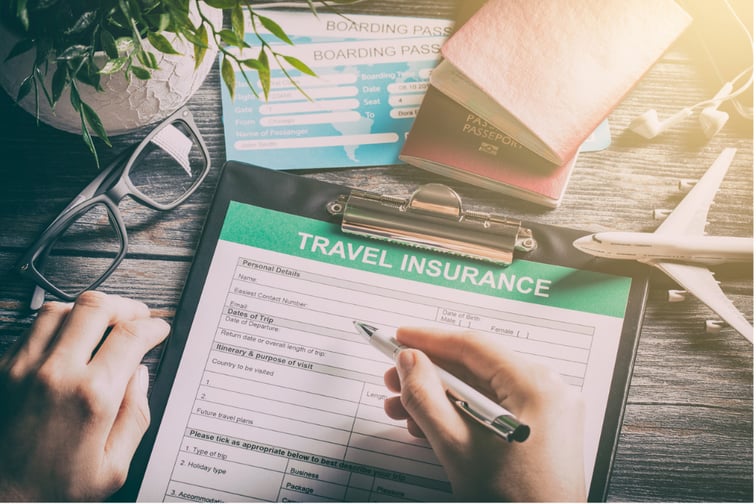

With New Zealand’s borders set to open on Feb. 28, the Insurance Council of New Zealand (ICNZ) said travellers must insure against COVID and traditional travel risks.
“With the much higher transmissibility of Omicron, we expect the proportion of travelling Kiwis claiming for cancelled trips to be much higher,” said ICNZ chief executive Tim Grafton.
Travel insurance’s importance was highlighted by recent events such as the recent volcanic eruption grounding Kiwis returning from the Cook Islands and Cyclone Dovi causing hundreds of cancelled flights, ICNZ said.
“For those delayed travelling to and from the Cook Islands, there was also a raft of claims to cover the cost of cancellations or delays,” Grafton said.
Aside from covering risks such as delays, cancellations, medical events and lost possessions, travel insurance with a COVID extension will typically cover being unable to travel in the event of the policyholder, or their immediate travelling companions, contracting the virus.
However, ICNZ stressed that government-imposed border closures are typically not covered by travel insurance. The industry body advised travellers to check in with their respective insurers and clarify what is and isn’t covered before travelling, especially in relation to COVID. This includes if a particular level of prior vaccination is a condition of cover.
ICNZ said that travel insurers work closely with the Ministry of Foreign Affairs and Trade (MFAT) regarding its Safe Travel website and travel advisories. Travel insurance is often not valid in countries under a “do not travel” notice.
“As MFAT says on its website, if you can’t afford travel insurance, you can’t afford to travel. With COVID, and especially Omicron, that’s never been better advice,” Grafton said.
